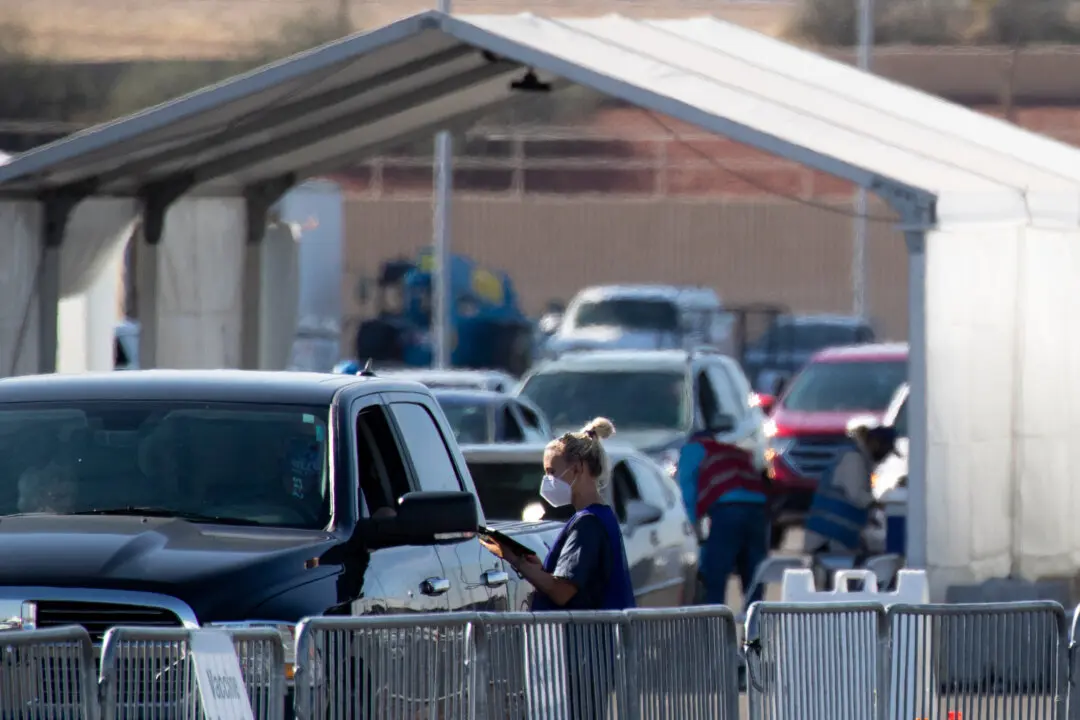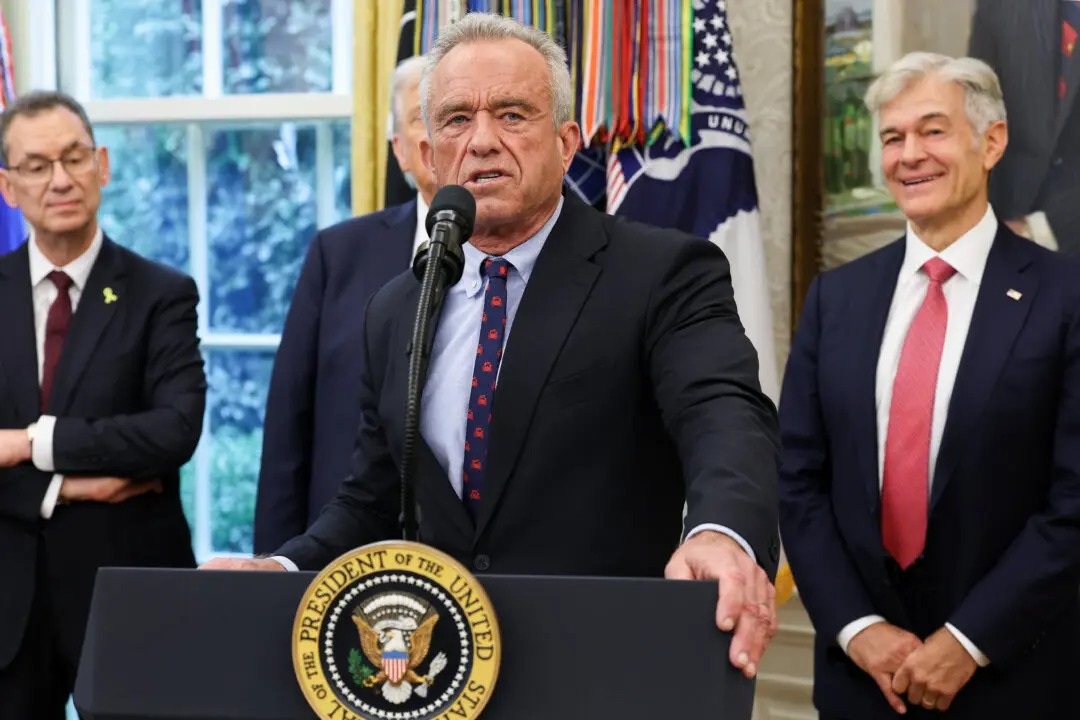Cubans and Haitians shouldn’t try to use boats to migrate to the United States, a top Biden administration official said on July 13.
“The time is never right to attempt migration by sea. To those who risk their lives doing so, this risk is not worth taking. Allow me to be clear: If you take to the sea, you will not come to the United States,” Homeland Security Secretary Alejandro Mayorkas, a Cuban native, told a press conference in Washington.





